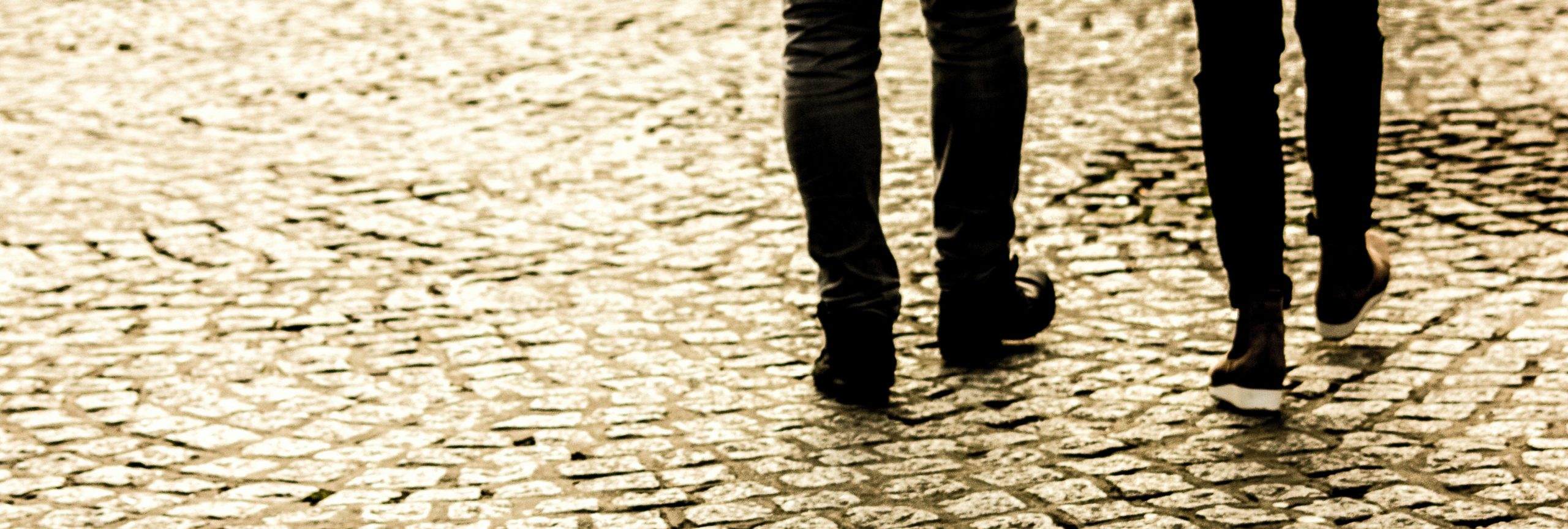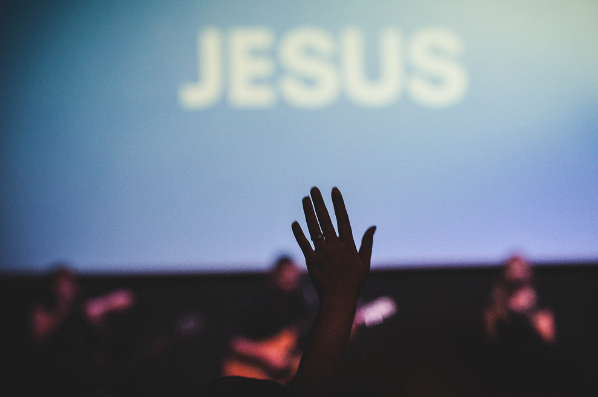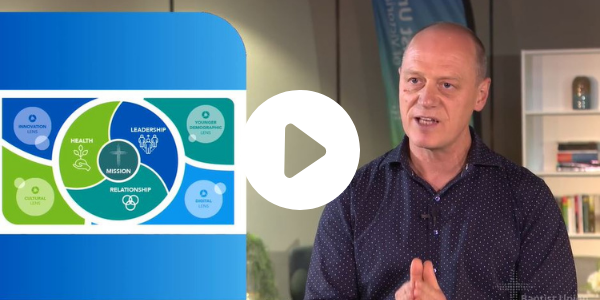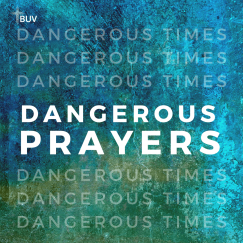7th May 2021
Welcoming Communities/ Who is my neighbour Devotion Part 3: Love and Compassion

Welcoming Communities/ Who is my neighbour
Part 3-Love and Compassion
by Andrew Naylor
On an interstate trip a few years ago, after I’d been out to dinner with a colleague, I went for a walk through the city. When I was heading back to the hotel, I passed a guy sitting in a doorway holding a cup out for money. From me, he got a few coins and a couple of guitar plectrums. 50 metres down the road I felt compelled to go back and talk to him. In fact, I knew that if I continued on to my hotel, had a shower, and got into bed, I would just have to head back out again and find him. So, I listened to the still small voice, went back and asked if I could sit down and hear his story (instantly regretting what it might do to my nice shorts). As I listened to his story, I found out that he had just been released from 10 years of jail, and I realised that he had never had a chance for a better life. Fast forward 100 minutes and we’d shared stories, scripture (he’d committed his life to Christ in jail), prayers and hugs. After buying him a kebab (half of which he gave to another homeless person the minute we walked out the store) and making sure he had a bed for the night, I headed back to the hotel, with him at my side trying to give me his jacket. I learnt so much from him and I thought, where else would Jesus be?
In various passages of Scripture such as Leviticus 19, Matthew 22 and Romans 13 we are clearly instructed to “love our neighbour as we love ourselves”, but in the story of the Good Samaritan (Luke 10), Jesus deepens the challenge. He suggests that showing love might mean going out of our way to care for someone that we may not even have any idea how to help. Furthermore, it might even cost us some time and money. How often we might ignore a need because we don’t have time, or don’t know what to do. We also struggle with how the interruption or the disruption might impact us. In Jesus’ Good Samaritan story, one of the reasons either the priest or the scribe didn’t stop is that ‘legally’ they were instructed not to touch something unclean. Either the Good Samaritan didn’t know the rules, or he recognised the greater need at hand.
Toni Morrison, in her book “The Origin of Others” says that one of the things we fear about strangers, is that they will disturb us. Over time I’ve come to realise that unless I’m being disturbed or interrupted, I’m probably missing a great deal of what God might like to do in me and through me. Therefore, one of the key challenges I’ve identified in my own life is how much margin I leave to even have a friendly conversation in my street, let alone go out of my way to help someone on the side of a highway, or a busy corner in the city? It’s easy to be loving and compassionate in the areas of my life I have under control, but not so easy when I have to reach beyond that comfort and be disturbed or interrupted.
If I were to sum up the story of the Good Samaritan I’d say it was – Go out of your way a little bit to show some kindness. Break a few of your habits and routines so that you have time to listen to and understand another person’s story. And if there’s an immediate need you can fulfil, why not do that as well?
To show love and compassion is often to just express kindness. And as the character Alice states in the movie “The Kindness of Strangers”, ‘what right do any of us have to be un-kind?’.
Questions for reflection:
- How much margin for love and compassion am I leaving to engage with not only those in my street, but those who might interrupt my routines?
- What needs are around our church community that we could understand more and make room to attend to in order to show God’s love and compassion?
- How does your church encourage members engaging with and loving your neighbour in their street, suburb, workplace and community?
Blessings,
Andrew Naylor
Partnership Development Pastor










